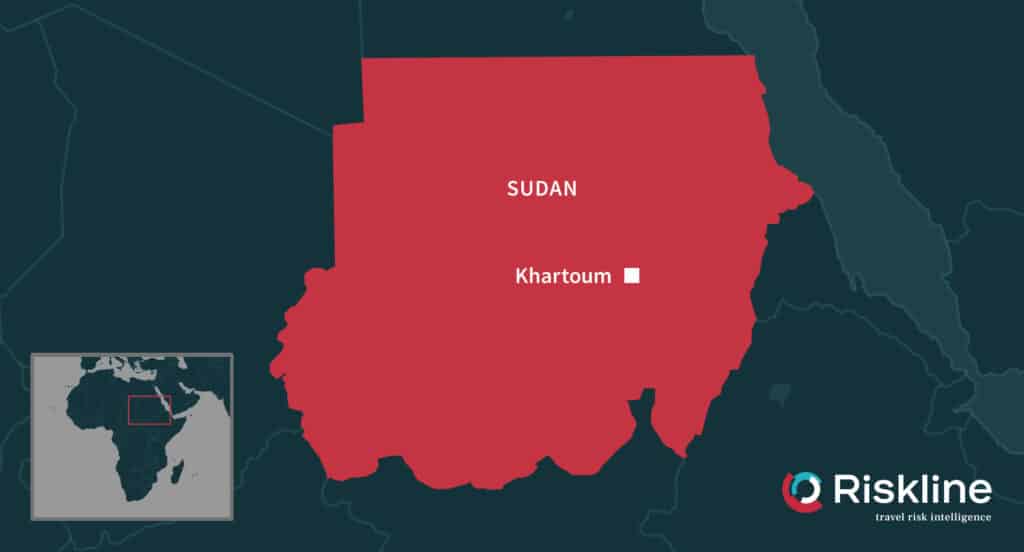The coming weeks will be critical for Sudan; if the pro-democracy rallies continue, they may be able to pressure the military into backing down. But Sudan’s protesters and activists, dozens of whom have been arrested in recent days, may also be headed to the same massacres and security crackdown that saw about 1,000 killed and many thousands more jailed in a single day in Cairo in 2013, putting an abrupt end to Egypt’s protest movement and silencing all dissent.
Like Egypt during the Arab Spring in 2011, Sudan went through a popular uprising in 2019, which toppled its autocratic leader of 30 years, Omar al-Bashir, on 11 April of that year. The military, dominated by his Islamist supporters, was very reluctant to stand down at the time, but as was the case with Egypt, military leaders humoured the demands of the civilian opposition forces under intense public and international pressure. They ultimately agreed to form the Transitional Sovereign Council (TSC), which was meant to steer the country towards democracy.
Unsurprisingly, the road to democracy was bumpy and public expectations were high. Paramilitaries violently cleared the main protest camp outside the General Command headquarters in June 2019, a sign of further clashes to come. The people wanted the council to not only keep the military at bay and organise and safeguard free and fair elections, they also wanted it to quickly root out corruption by distributing state assets seized from the old regime and drastically improve a battered economy, which was dealt new blows by the COVID-19 pandemic.
Frustration over the economy fueled protests, which the military egged on, outside government offices in Khartoum. In the east, demonstrators imposed a blockade on the movement of essential goods to protest the exportation of oil from South Sudan and demand greater representation for their communities under a peace deal signed in October 2020.
After consultation with their allies in Egypt, Saudi Arabia, and the United Arab Emirates (UAE), the generals decided to strike. The first strike came on 21 September. Military officers attempted to take control of the public media building in Omdurman, across the Nile River from the capital Khartoum, and declare an end to the TSC. The plot failed and around 40 officers were arrested. The military blamed the attempt on “Bashir-allied” officers, but, privately, leaders told observers that this plot was a trial balloon.
On 25 October, soldiers surrounded the home of Prime Minister Abdalla Hamdok and arrested him and his family. Shortly after that, General Abdel Fattah al-Burhan announced the dissolution of the council and declared a state of emergency. Almost immediately, activists who were organising protests against the TSC for its failure to fix the economy began organising mass rallies against the military coup, while military leaders halted transport and disrupted internet and telecommunications services to halt their efforts.
So far, the protests have been large in Khartoum, Omdurman, Atbara, Port Sudan and several other cities. The relatively low death toll, for now, shows that even though the military is responding with violent force, it is still exercising a degree of restraint, unlike during the clearing of the General Command headquarters sit-in in 2019.
Increasingly vocal complaints by Sudan’s international partners, including the United States (US), and foreign aid cutoffs loom if a semblance of civilian rule is not reinstituted. The failure to crackdown further suggests possible internal splits among the armed forces or apprehension that popular dislike of the council was not as widespread as imagined. The next few weeks will test that restraint, as well as the public’s willingness to fight, risking death and arrest, for freedom, again.















